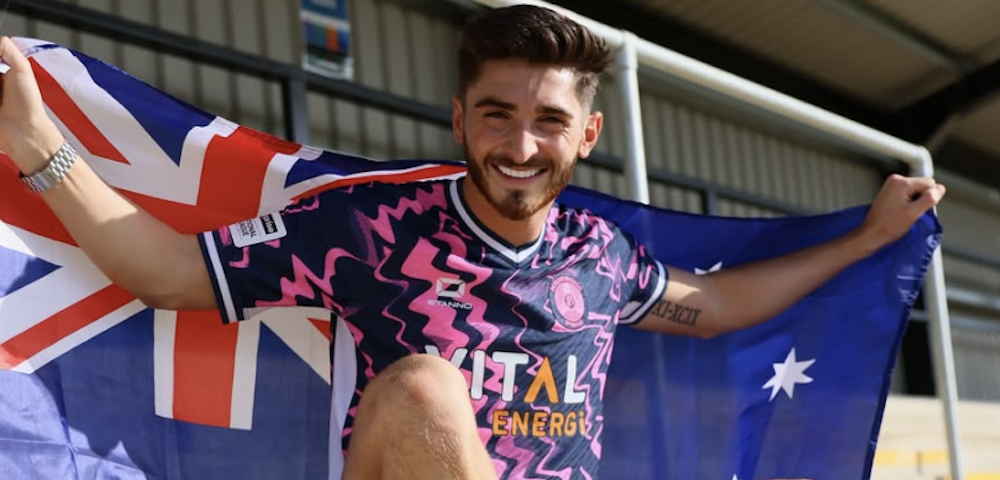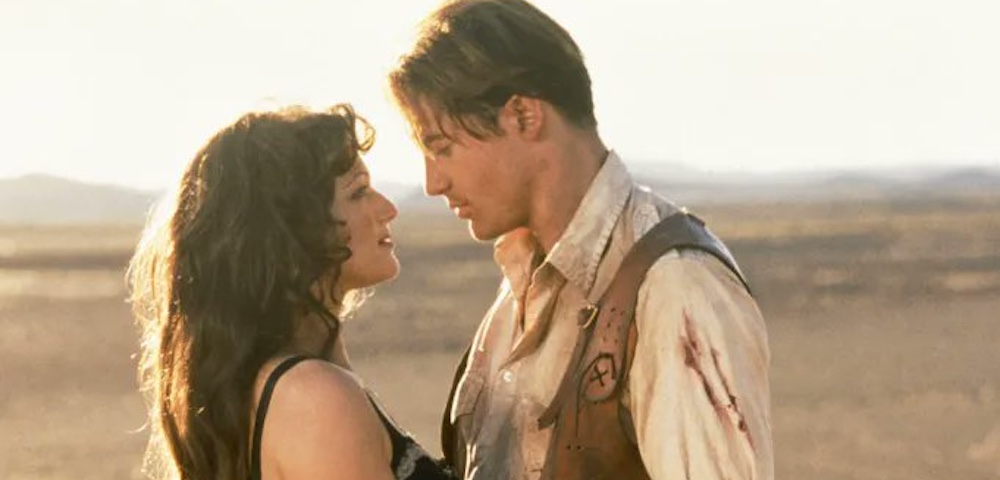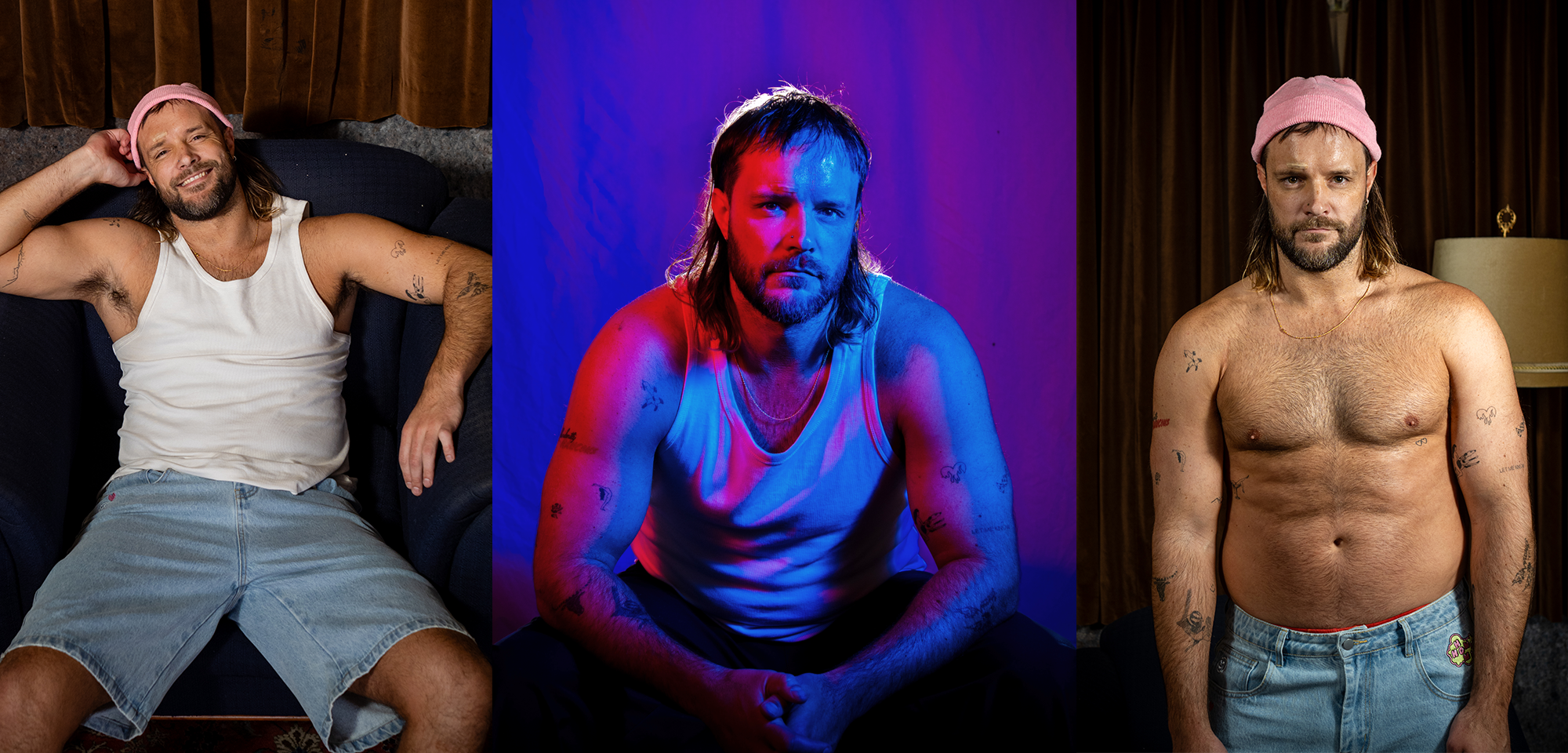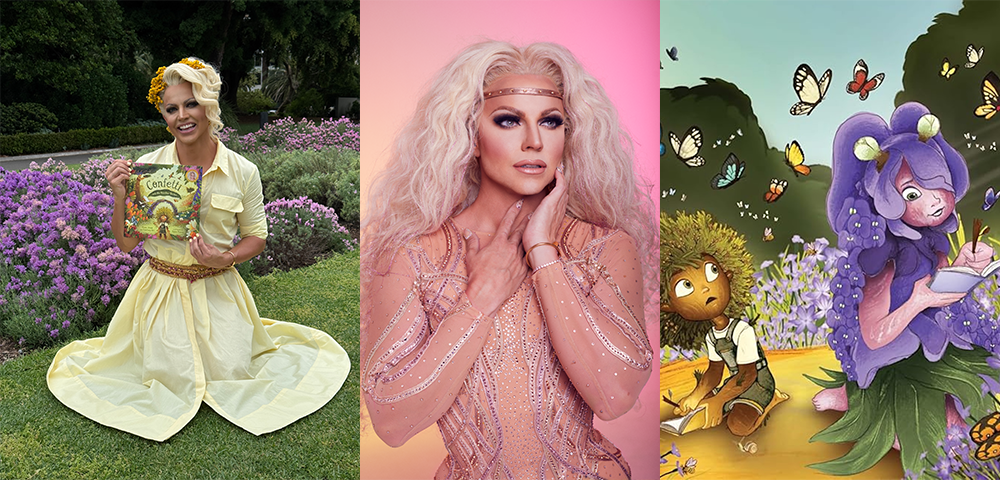
Pinnacle power play could ‘cannibalise’ scholarships

 The Pinnacle Foundation has called for all LGBTIQ youth scholarship and mentorship programs to be consolidated into one program with the youth charity to also act as an umbrella organisation to help oversee efforts bringing a swift rebuke that such a play could cannibalise the good work of various community groups.
The Pinnacle Foundation has called for all LGBTIQ youth scholarship and mentorship programs to be consolidated into one program with the youth charity to also act as an umbrella organisation to help oversee efforts bringing a swift rebuke that such a play could cannibalise the good work of various community groups.
Susan Brooks, the chair of Pinnacle’s selection panel, raised the suggestion during a speech at an ACON community consultation on Tuesday night (November 5), that was provided to the Star Observer in advance, where she admitted that the proposition may be somewhat controversial.
after which she admitted to the Star Observer that she realised the proposition may be somewhat controversial.
“I think there will be a healthy degree of scepticism,” she said.
“It is [about collaboration]. It is about using our limited resources within our community more effectively than what we’re doing. And collaboration is the perfect context … You have to start these debates and discussions.
“One generation working with the other – that’s why I got involved. With Pinnacle, I can put back what I have learnt and experienced through my professional work.”
Since being established five years ago, Pinnacle has awarded 49 scholarships worth over $200,000 to marginalised or disadvantaged LGBTIQ young people as well as matching mentors to help guide the vocations and career of students.
With no assistance from government, Pinnacle is currently run by a team of volunteers and relies on funds from the members of the community, philanthropists and corporate donors like Accenture.
Brooks told the Star Observer it would be more efficient and effective for relevant GLBTIQ community organisations to come together and pool their knowledge and create a single database, with those organisations also providing Pinnacle with a stream of mentors to help assist future scholars.
“The Sydney Gay and Lesbian Business Association (SGLBA) is one that comes quickly to my mind that has an annual scholarship and seeks to get a mentor to work with that person. It’s a lot of hassle for people that when something like that is not central to their mandate, it’s a community activity they do,” she explained.
“To go through calling for applications, processing them all, making decisions and then monitoring what goes on through the year. All that is pretty difficult for some thing like a business association, which is much more focused on business than a scholarship per se.”
Brooks also pointed out other organisations such as Twenty10, Sydney Gay and Lesbian Mardi Gras, and the REAL lesbian women’s group in the Illawarra had engaged in similar scholarship programs in recent years, sometimes on an ad hoc basis. Brooks said other organisations had nothing to fear about losing their identity in the community.
“The main thing people worry about is their identification with the scholarship. We have named scholarships already now for companies and people who have bequested funds to us,” she said.
“We don’t have any problems with naming that organisation and promoting their work with Pinnacle.”
SGLBA president, Mark Haines, told the Star Observer that while he was all for greater community consultation he felt that at the moment it was important different groups could respond to differing needs.
“I think in this point in time the community will naturally gravitate towards the SGLBA if they are looking for a business-related grant, to Pinnacle for example if they are looking for a youth-grant and possibly the likes of ACON if it is for a health-related grant. I think LGBTIQ organisations do offer different grants that don’t really cannibalise each other,” he said.
“If Susan is proposing that Pinnacle do all the grants first it needs to be determined if they have the skills and qualifications to be able to do health grants, youth grants and business grants.”
Haines said at the least Brooks’s proposal would kickstart a discussion that was worthy and necessary.
“People need to come up with ideas in the community and we need to have conversations. I think it’s a good thing,” he said.
“I’m a big supporter of community collaboration and will do whatever we can to support other organisations – I think that’s important. But I also think that each of us has a specialty.”









